How to report harmful conduct
If a user thinks they have been potentially harmed on the platform they should be aware of how to report this to the platform and potentially the police and trusted adults.
These links explain how to report users and content on the most popular platforms:
Resources and activities
Our Learner Digital Skills Toolkit has a section on information and media literacy with advice and resources to use in class Finding and checking – learner digital skills toolkit
This includes Project Real resources for understanding misinformation and disinformation Project Real

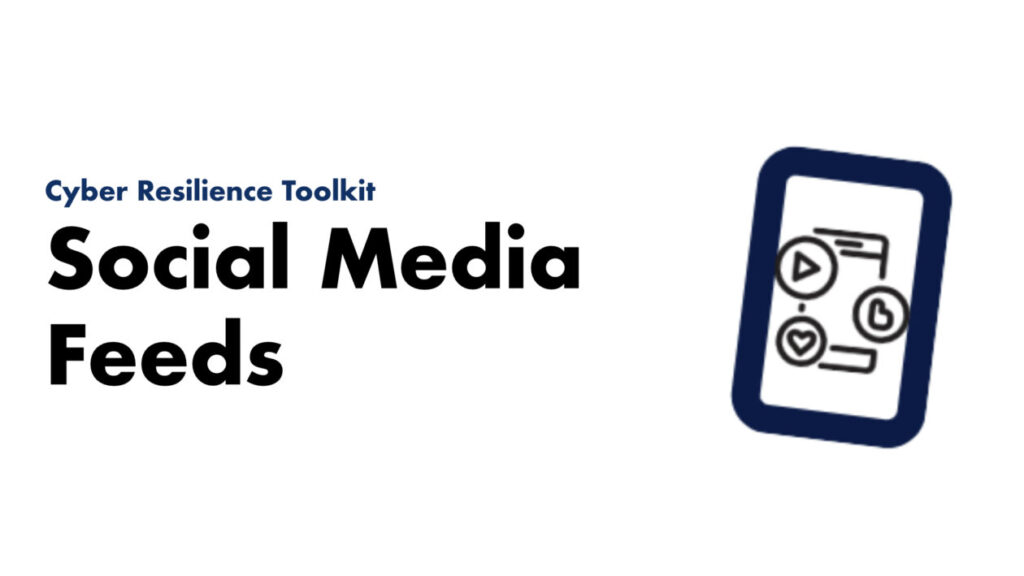
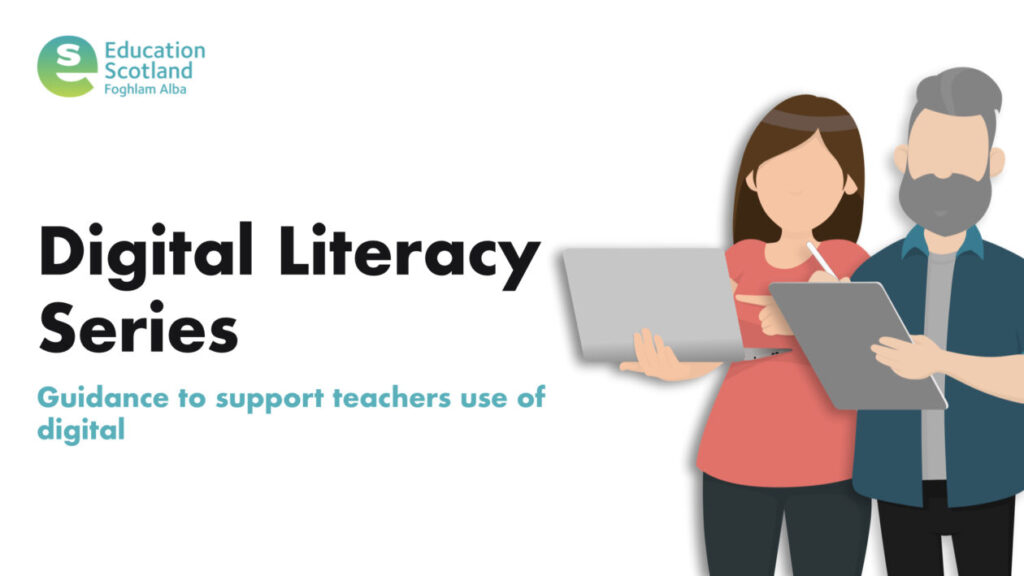


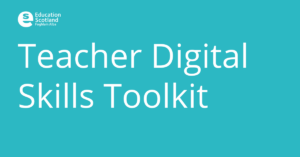
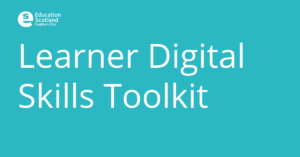
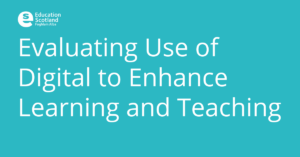
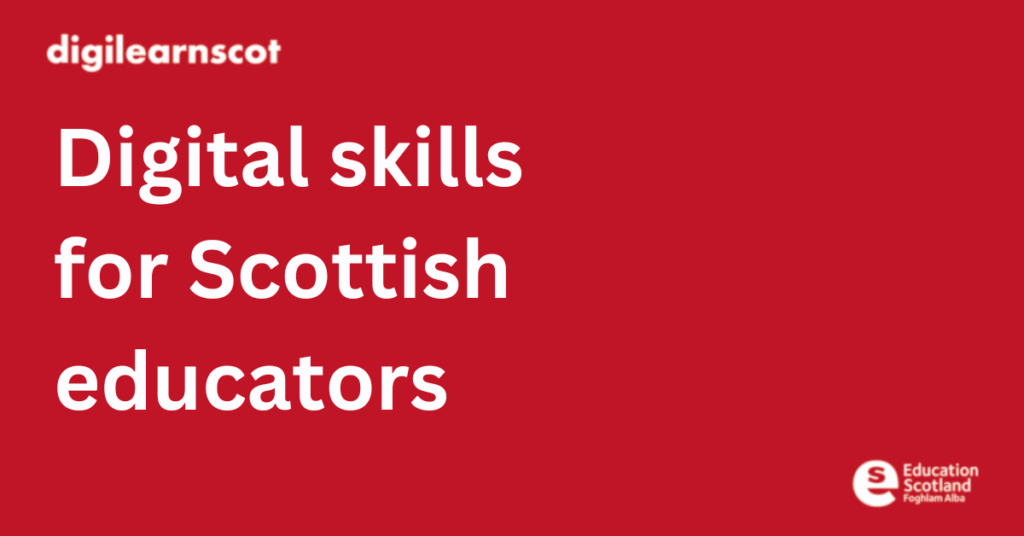
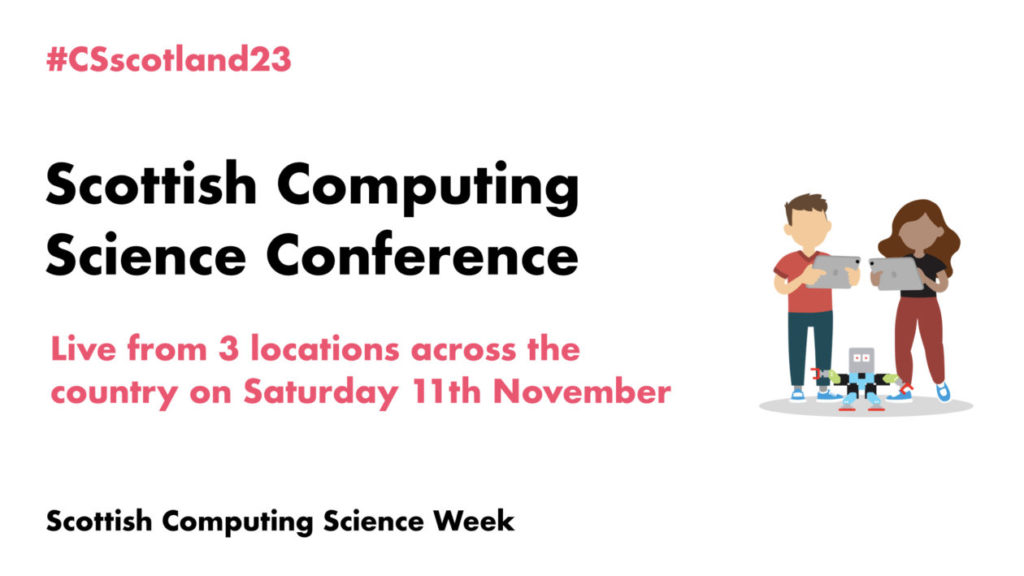
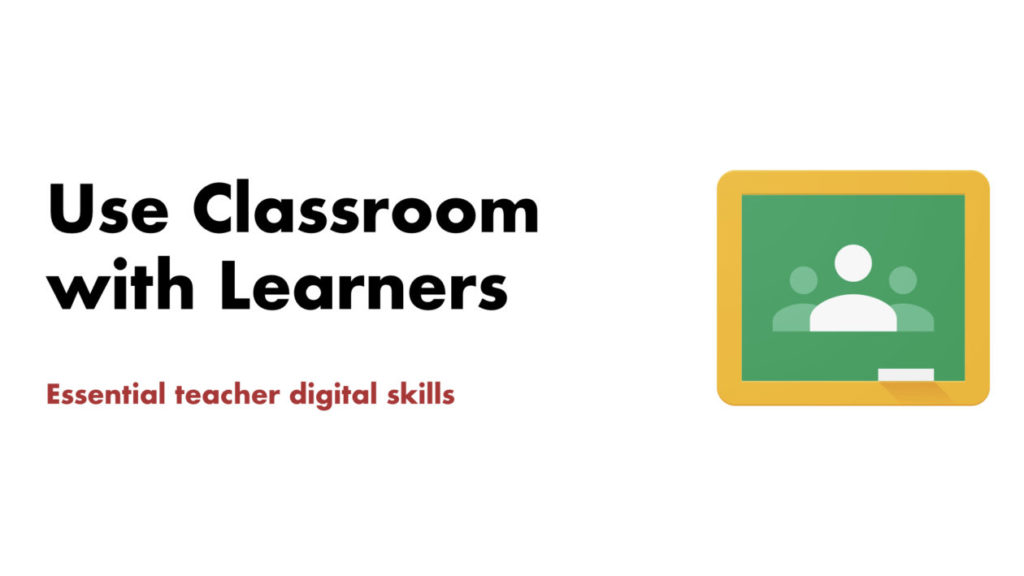





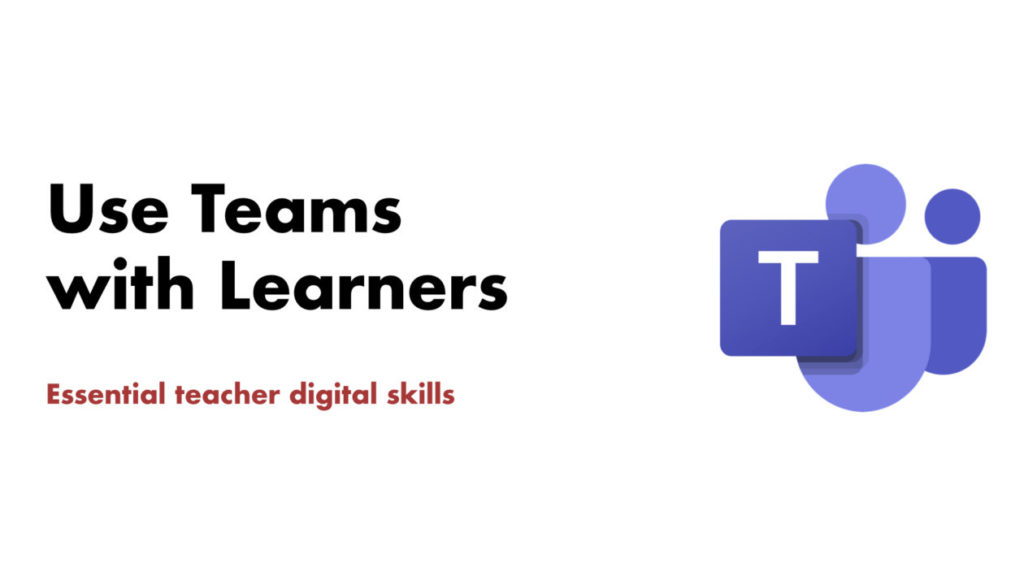




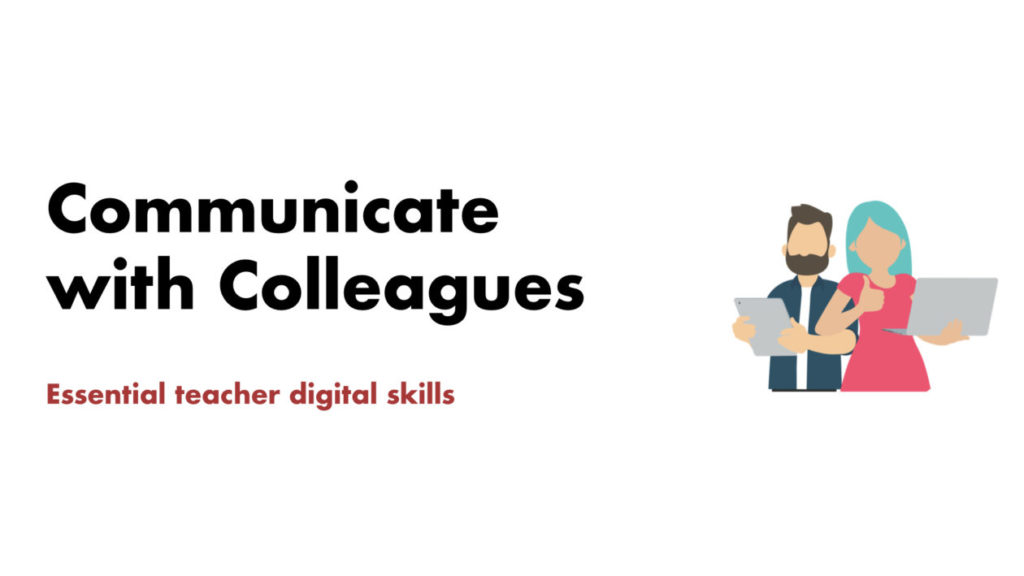




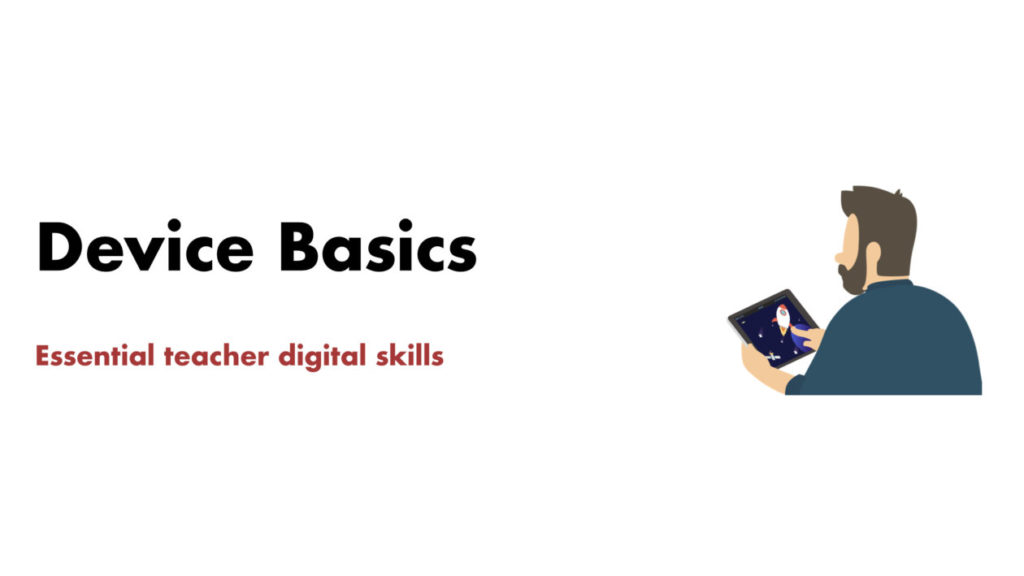






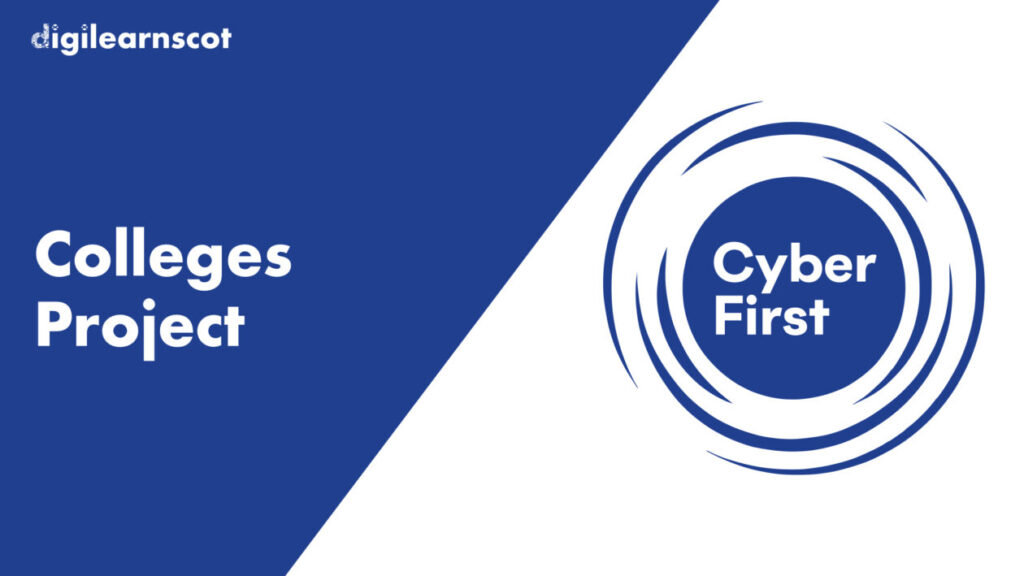
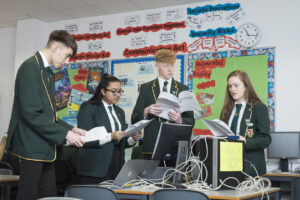

You must be logged in to post a comment.